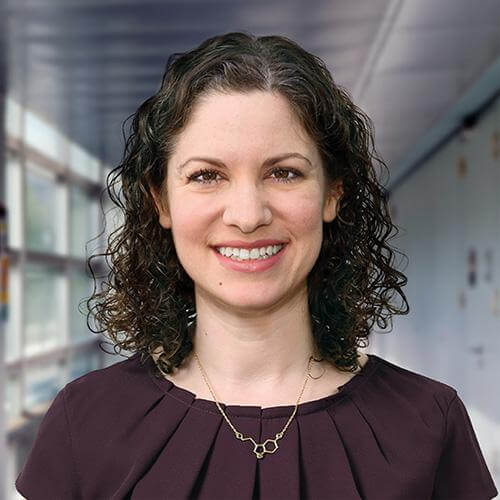Polycyclic aromatic systems (PASs) present a seemingly insurmountable challenge: vast chemical spaces, complex electronic structures, and elusive aromatic properties. Our mission, should we choose to accept it, is to harness the power of deep learning to decode these molecular mysteries. In this talk, we embark on a journey through this complex chemical space, combining traditional computational methods with cutting-edge artificial intelligence tools. We demonstrate how neural networks can be trained to predict electronic properties with unprecedented speed and accuracy. More importantly, we show how they can be used interpretably to extract chemical insight. To enable the application of such techniques to the design of novel functional PASs, we established the COMPAS Project -- a COMputational database of Polycyclic Aromatic Systems – which already contains ~1 million molecules in three datasets. 1–4 We also developed two new types of molecular representation to enable efficient and effective machine- and deep-learning models to train on the new data: a) a text-based representation 5 and b) a graph-based representation. 6 By analyzing thousands of PAS structures with our dedicated representations, our AI agents not only achieve higher predictive ability with fewer data but have also uncovered hidden patterns and structure-property relationships that traditional methods might have missed. Finally, we implemented the first guided diffused-based model for inverse design of PASs: GaUDI. 7 Our model generates new PASs with defined target properties. In addition to its flexible target function and high validity scores, GaUDI also accomplishes design of molecules with properties beyond the distribution of the training data. From small benzenoid systems to extended graphene-like structures, we show how deep learning can navigate this complex chemical landscape, offering new insights into molecular design and property prediction. This talk will not self-destruct in five seconds, but it will revolutionize how we think about combining artificial intelligence with molecular science.
Biography:
Dr. Renana Gershoni Poranne is an Assistant Professor of Computational Chemistry at the Schulich Faculty of Chemistry at the Technion-Israel Institute of Technology, where she is a Branco Weiss Fellow, Horev Fellow, and Alon Scholarship recipient. Her appointment began in October 2021. Before joining the faculty at the Technion, Renana was a Senior Scientist (Group Leader) in the group of Prof. Dr. Peter Chen at the Laboratorium für Organische Chemie at the ETH Zürich. Her promotion to Senior Scientist and Lecturer in July 2017 followed a two-year post-doctoral period (as a VATAT postdoctoral fellow) in the same group. She completed her PhD studies under the supervision of Prof. Amnon Stanger in the Schulich Faculty of Chemistry at the Technion, working on elucidation of the properties of aromatic compounds and developing methodologies for the identification and quantification of aromaticity in polycyclic aromatic hydrocarbons. Prior to that, she received her MSc Summa cum Laude for her work on functionalization of corannulene in the group of Prof. Ehud Keinan. Renana's research interests lie in the field of computational physical organic chemistry, with particular emphasis on development of methods and tools for better understanding of the physical properties and reactivity of organic and organo-metallic compounds. The work in her group ranges from investigation of fundamental molecular properties and concepts—such as aromaticity, dispersion, metallophilic interactions, catalysis, and mechanism elucidation—to application of machine-learning and deep-learning models for molecular design of novel polycyclic aromatic systems and discovery of structure-property relationships. (Source)

Feb. 6, 2025 - Renana Gershoni-Poranne: Mission ImPASsible - Decoding Polycyclic Aromatic Systems with Deep Learning
Thursday, February 6, 2025
12:00 PM - 1:00 PM
12:00 PM - 1:00 PM
About this Seminar

